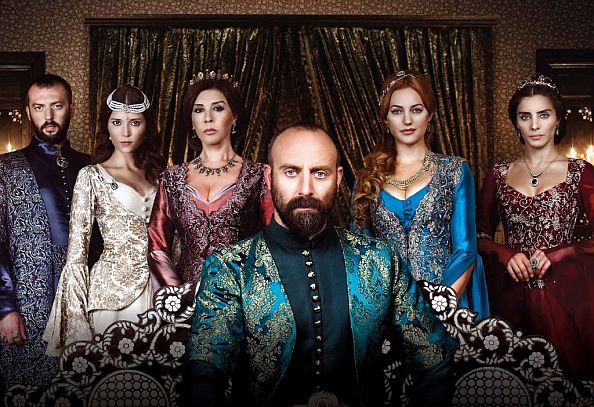
FAQ About Magnificent Century
Magnificent Century
2 years ago | gizem
How did the actors prepare for their roles in the series?
The preparation process for actors in a series like "Magnificent Century" typically involves several steps to help them embody their characters and bring historical figures to life. While the specific preparation methods may vary from one actor to another, here are some common ways in which actors prepare for their roles in historical dramas:
- Research: Actors often conduct extensive research to understand the historical context of the period in which the series is set. This may include studying the culture, customs, and events of the time, as well as reading historical accounts and biographies of the characters they are portraying.
- Character Analysis: Actors analyze their characters' personalities, motivations, and character arcs. They may work with directors and scriptwriters to develop a deep understanding of their characters' emotions, desires, and conflicts.
- Diction and Language: In historical dramas, language and diction can be crucial to authenticity. Actors may work with language coaches to master the accents, speech patterns, and idioms of the period.
- Costume and Wardrobe: Wearing historically accurate costumes can help actors physically embody their characters. They may undergo costume fittings and work with costume designers to ensure their attire reflects the period.
- Physical Training: Depending on the role, actors may engage in physical training to prepare for action sequences, horseback riding, or other physical demands of their characters.
- Observation and Immersion: Some actors immerse themselves in the culture and environment of the time by visiting historical sites, museums, or regions that resemble the show's setting. This can help them gain a deeper sense of the world their characters inhabit.
- Acting Workshops: Actors may participate in acting workshops or receive coaching from acting instructors to hone their craft and develop specific skills needed for their roles.
- Character Workshops: Some productions conduct character workshops where actors interact with each other in character to build chemistry and develop their relationships on screen.
- Historical Consultants: Productions may also consult with historians or experts in the period to ensure accuracy in the portrayal of historical events and details.
- Script Analysis: Actors analyze the scripts to understand their characters' dialogue, motivations, and relationships with other characters. They may discuss script interpretations with directors and fellow cast members.
- Emotional Preparation: Emotional scenes and character arcs often require actors to tap into deep emotions. They may use various acting techniques to prepare for emotionally charged moments.
- Rehearsals: Rehearsals allow actors to practice their scenes, refine their performances, and build rapport with their co-stars. Rehearsals can also help ensure that the scenes run smoothly during filming.
- Feedback and Collaboration: Actors work closely with directors, producers, and fellow cast members to receive feedback, make adjustments, and collaborate to create cohesive performances.
